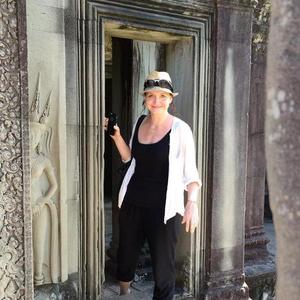Eritrea Tours & Vacations
Small Group Tours & Tailor-Made Vacations
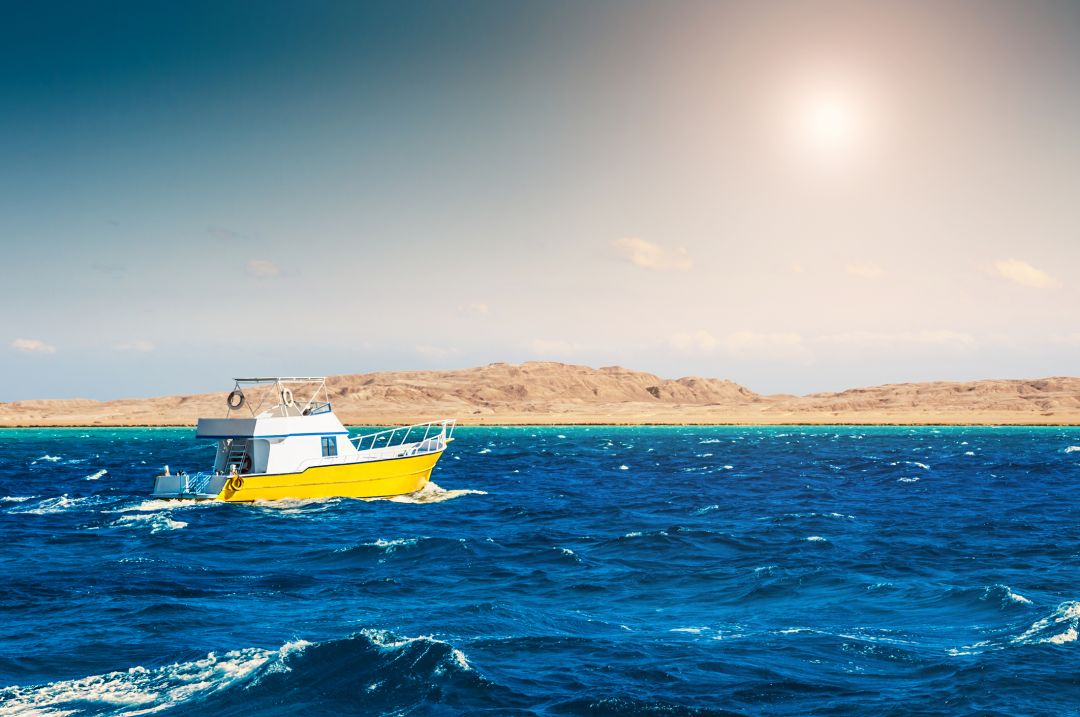
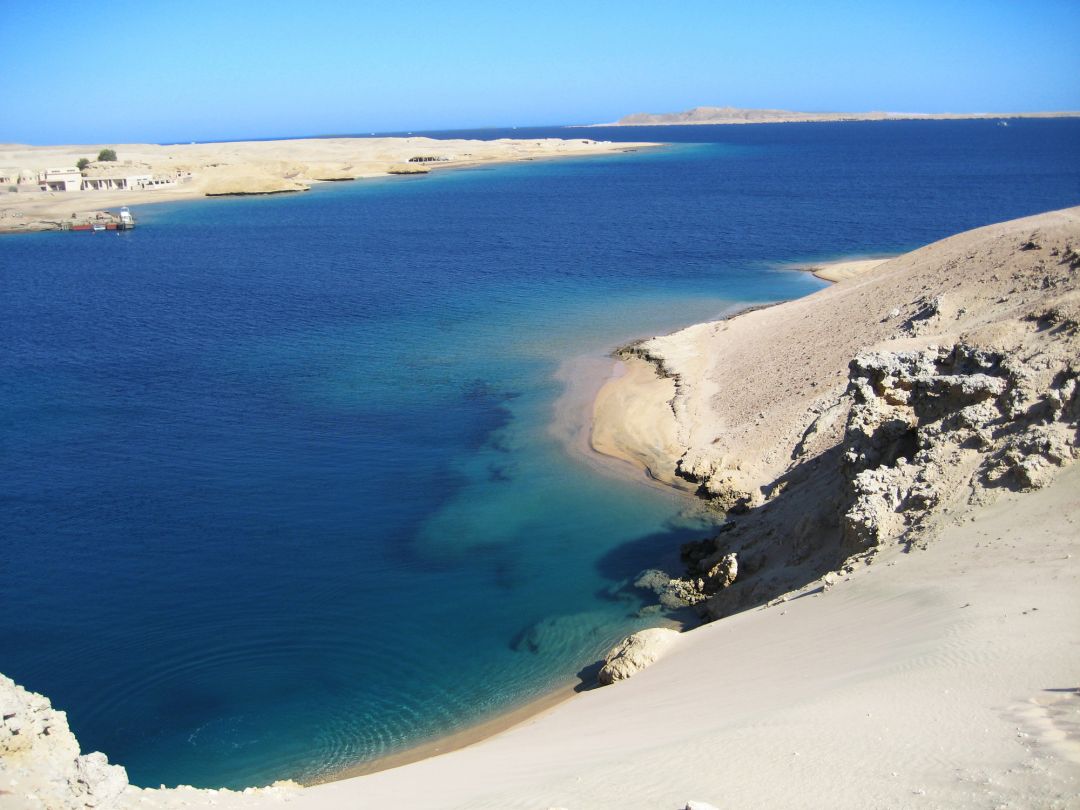
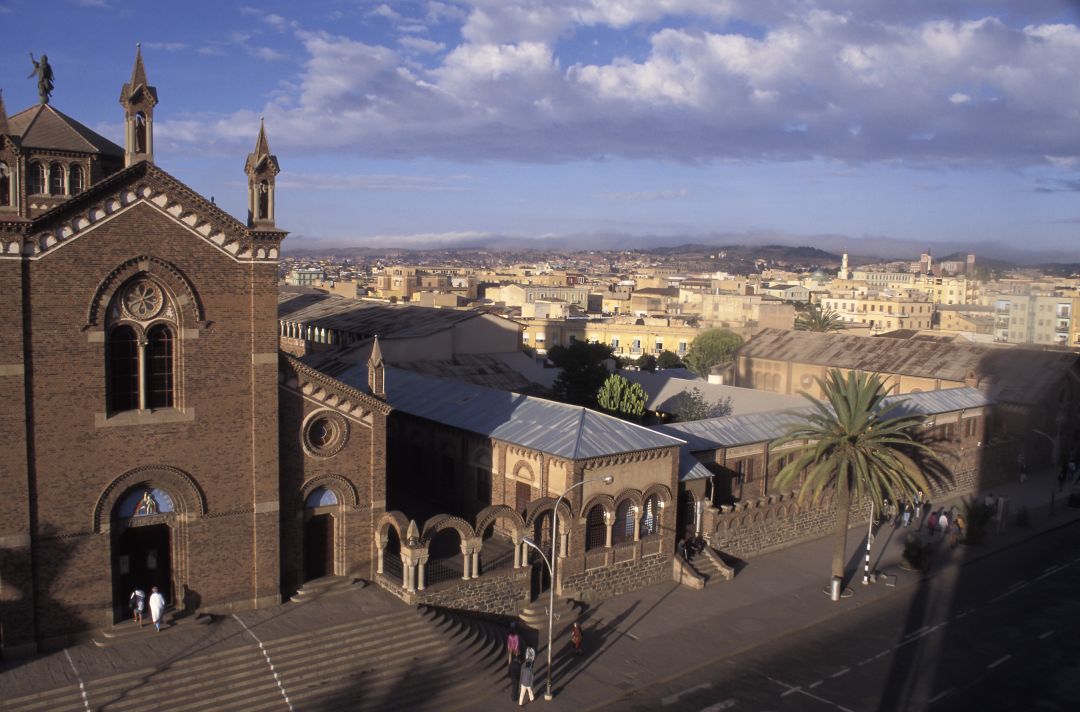
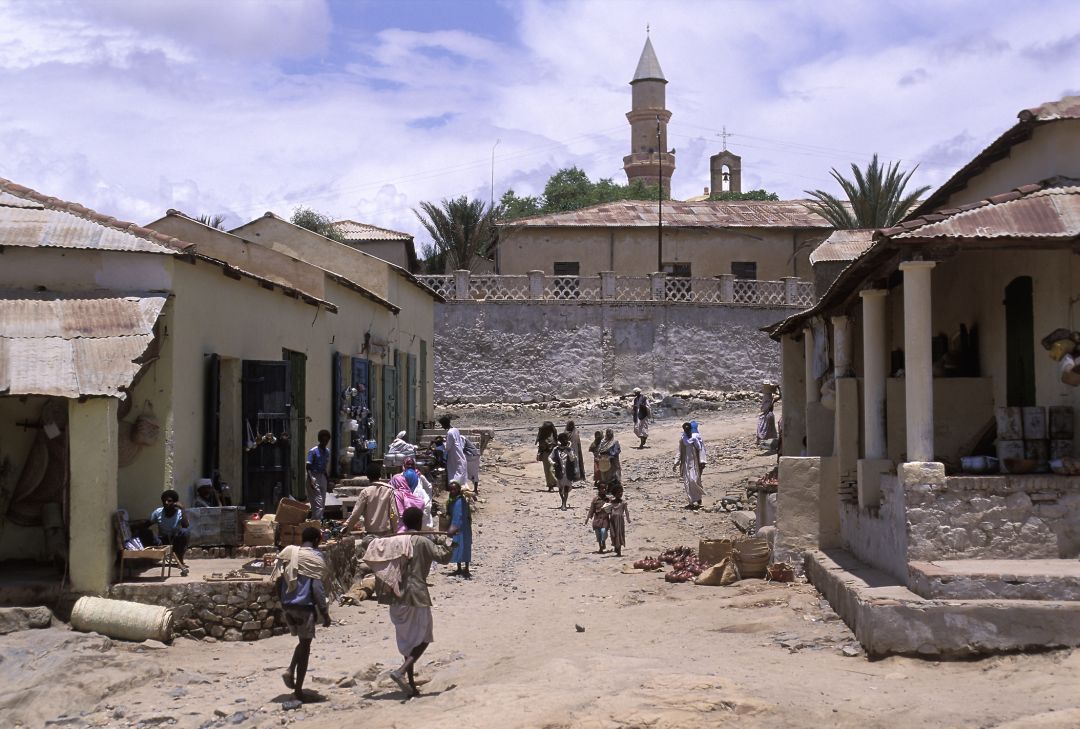
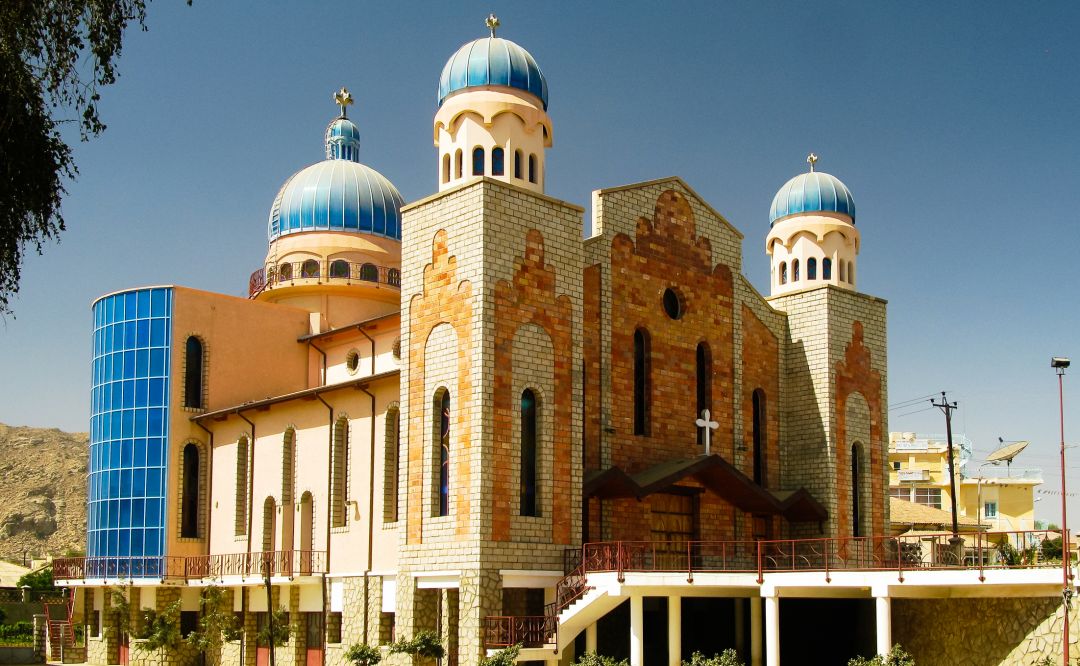
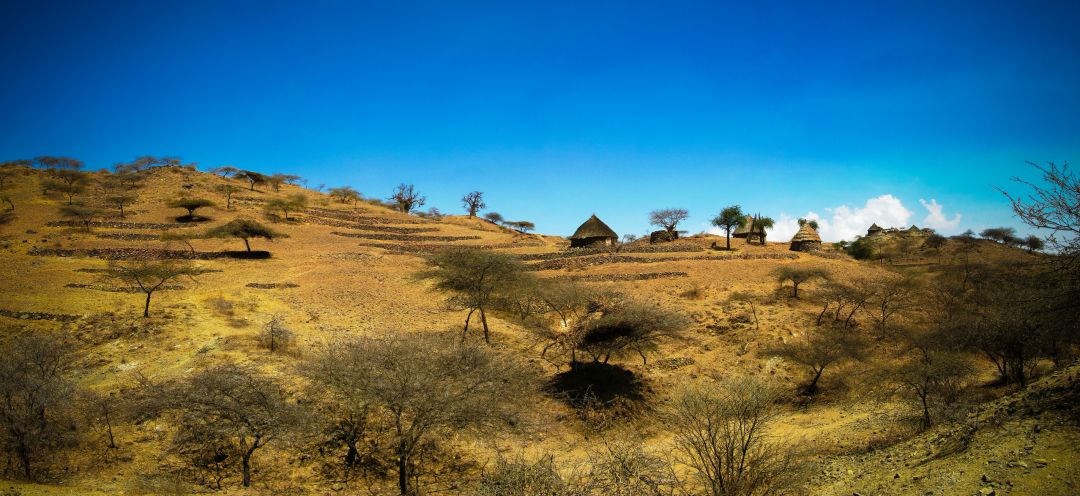
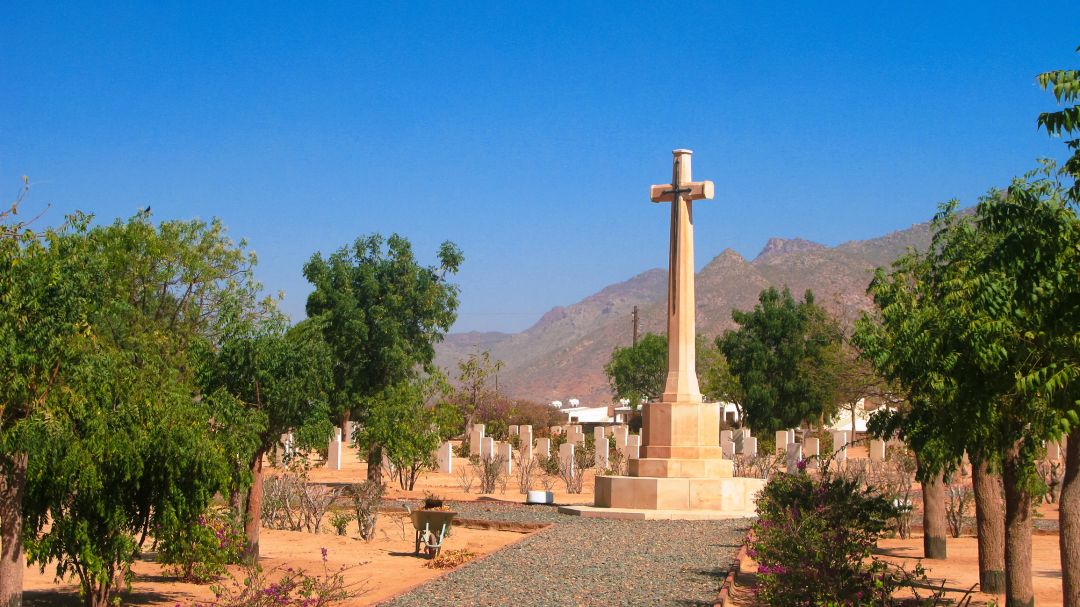
To view images fullscreen please turn device
Overview
One of Eastern Africa’s lesser known destinations, Eritrea lies sandwiched between the azure waters of the Red Sea and the contrasting cultural landscapes of Sudan, Ethiopia and Djibouti. Blessed with a historic pedigree that can trace its origins back to some of the oldest hominids ever found, Eritrea is also believed to be the location of the fabled land of Punt that the Egyptians first mentioned in the 25th century BC.
Part of the once great trading kingdom of the Aksumite ...
One of Eastern Africa’s lesser known destinations, Eritrea lies sandwiched between the azure waters of the Red Sea and the contrasting cultural landscapes of Sudan, Ethiopia and Djibouti. Blessed with a historic pedigree that can trace its origins back to some of the oldest hominids ever found, Eritrea is also believed to be the location of the fabled land of Punt that the Egyptians first mentioned in the 25th century BC.
Part of the once great trading kingdom of the Aksumite Empire, today it is home to a rich multi-ethnic mix of cultures and traditions that include no fewer than nine national languages and nine recognised ethnic groups. Bisected by a branch of the East African Rift, the country encompasses fertile, cool highlands, arid coastal plains and the rich fishing grounds of the Dahlak Archipelago, which forms part of the Dahlak Marine National Park. Its abundant wildlife features spotted hyena, rare African bush elephants, olive baboons and some 560 species of birds, whilst its coastal waters lay claim to whale sharks, dugongs and mantas.
A cultural melting pot and a former Italian colony, Eritrea’s long struggle for independence from neighbouring Ethiopia left behind a legacy of political and economic stagnation that has gone some way to keeping the country off the tourist radar and refreshingly undeveloped for so long. Small by African standards, but endowed with an incredible bounty of natural and cultural highlights, Eritrea presents an Africa of breathtaking beauty and forgotten adventure.
Meet the Experts
Start your journey
Group tours
Travel to Eritrea with like-minded people on one of our small group tours (usually max size 12), featuring knowledgeable local guides and an expert tour leader.
HIGHLIGHTS OF ERITREA
BEST EXPERIENCES
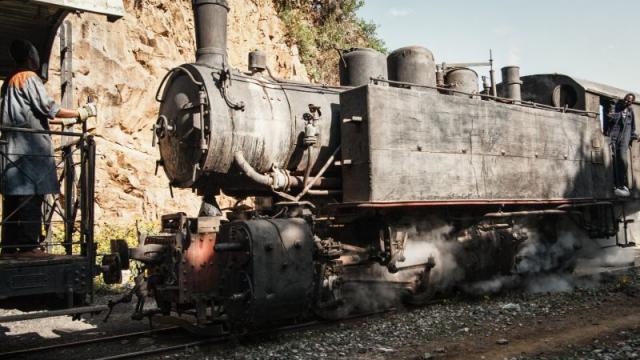
Take a vintage train journey
Take a short but stunning journey on board Eritrea's famed Asmara - Massawa railway, built by the Italians between 1887 and 1932 and still using vintage equipment today.
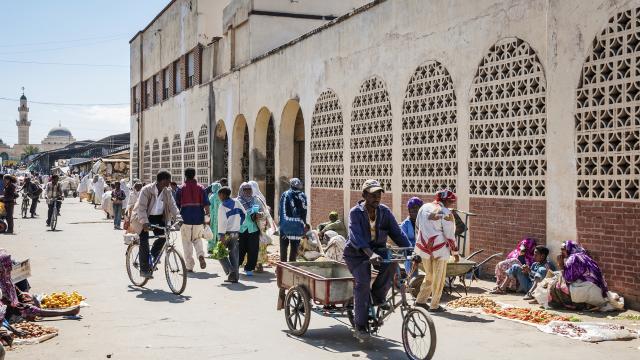
Browse Eritrea's markets
Experience the colour and richness of some of Eritrea's most famous markets, selling everything from fruit and vegetables to wooden masks, wicker baskets and pottery.
Discover more
WHEN TO GO
Eritrea can be visited year-round although summers can get very hot on the coast and sometimes quite wet in the highlands. As such autumn through to spring are generally considered the best months for travelling with daytime temperatures typically ranging from 20 – 30 degress celcius.
USEFUL INFORMATION
Health and Vaccinations
There are no mandatory immunisations for travellers to Eritrea though you should be up-to-date with Typhoid, Tetanus, Polio and Hepatitis A. There is a risk of yellow fever transmission and Malaria is present in some parts of Eritrea, so we recommend you seek advice from your local GP or travel centre as to the correct immunisations and preventative treatments.
Currency
In Eritrea the official unit of currency is the Nakfa.
To check out the latest exchange rate for the places that you are visiting you can go to www.oanda.com.
Cultural Sensitivity
On our tours you will frequently interact with local people, each with their own distinct customs and traditions. We therefore ask you to be considerate and to treat them with respect. Your tour-leaders and guides will always be able to advise you accordingly.
To respect Eritrean cultural beliefs and traditions, particularly in lowland and predominantly Muslim areas it is recommended that you dress modestly. Women should cover shoulders and knees, and men shouldn’t wear shorts.
Language & Religion
Tigrinya is the most widely spoken language in the country, however Arabic is widely used in commerce and business.
Religion in Eritrea mainly consist of Abrahamic faiths, however since it gained independence from Ethiopia in 1993 it purports to have freedom of religion. There are four official faith groups Eritrean Orthodox Tewahedo Church, Eritrean Catholic Church, Evangelical Lutheran Church of Eritrea and Sunni Islam.
Time
Eritrea is 3 hours ahead of GMT.
A useful website to check the time zone differences is www.worldtimezone.com.
Food and drink
Eritrean cuisine is a fusion of culinary traditions and shares some similarities with neighbouring Ethiopia and other African countries in the region.
Italian cuisine dominates the restaurants in Asmara where it is very easy to find pizza, pasta and seafood dishes. Massawa is renowned for its excellent seafood where you may be able to find fresh prawns and lobster.
Most meals are eaten at low tables shared from a large plate with fellow diners eaten by hand.
Suwa, the home brewed beer common in Eritrea is made from roasted corn, barley and grains and it flavoured with gesho, a buckthorn leaf.
